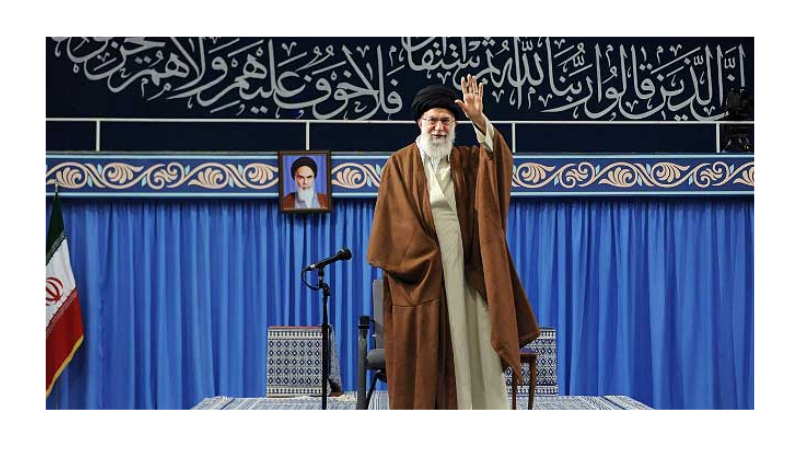Dr. Yossi Mansharof
Israel Hayom, July 14, 2025
“Israel has demonstrated its determination to prevent Iran from acquiring nuclear weapons and its advanced capabilities to enforce that red line. Iran, on the other hand, is suspicious, vengeful, and alert …”
Iran emerged battered and humiliated from what is being referred to in Tehran as the “12-Day War,” having suffered a blow that included the elimination of many senior security officials, leading nuclear scientists, and strikes on nuclear facilities, military and intelligence centers, symbols of power and sites of domestic repression. Still, Tehran feels it scored an achievement in the damage its missiles inflicted on Israel and in its ability to maintain operational continuity during the war.
According to the Iranian narrative, its primary success was in preserving the Islamic regime, based on the assumption that toppling it was Israel’s real aim in launching the war.
Two central themes have dominated Iranian media discourse since the war ended. The first concerns the resumption of nuclear negotiations with the US. Iranian President Masoud Pezeshkian is under fire from conservative and ultra-conservative circles for wanting to resume talks, on condition the US guarantees Iran will not be attacked again, and for the implied trust he still places in President Donald Trump.
A matter of hours
The second theme involves whether Iran should respond with force. While some voices argue that Tehran’s success in the war negates the need to strike Israel, the conservative-radical daily Vatan-e Emrooz reported on Sunday that top Iranian political and security officials are “intensifying discussions” over launching a pre-emptive strike against Israel. ….SOURCE


